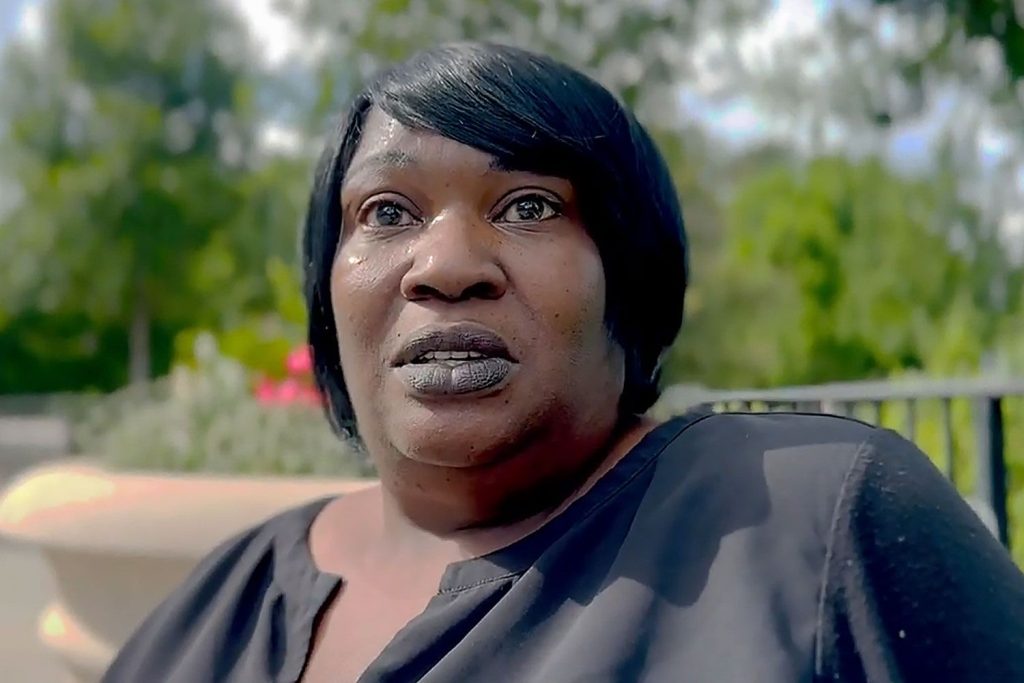In Georgia, a deeply distressing situation has unfolded involving Adriana Smith, a 30-year-old pregnant nurse from Atlanta. Declared brain dead over 90 days ago, Adriana is being kept on life support due to Georgia’s stringent abortion laws, which prohibit termination after a fetal heartbeat is detected, except in specific medical emergencies. This case has ignited intense debates over medical ethics, legal mandates, and the rights of families in such harrowing circumstances.
Adriana Smith’s Medical Crisis
In early February, Adriana began experiencing severe headaches. Despite seeking medical attention, she was reportedly sent home with medication. The following morning, her boyfriend found her unresponsive. A subsequent CT scan revealed multiple blood clots in her brain, and doctors declared her brain dead. At the time, she was nine weeks pregnant.

Legal Constraints and Family’s Ordeal
Georgia’s abortion law, enacted after the 2022 overturning of Roe v. Wade, prohibits abortions once a fetal heartbeat is detectable, typically around six weeks gestation. Exceptions are made only in cases of medical emergencies or if the fetus is not expected to survive. Since Adriana is legally dead, but her body can sustain the fetus, doctors are compelled to keep her on life support until the fetus reaches viability. Her mother, April Newkirk, describes this prolonged ordeal as “torture,” emphasizing the emotional and financial strain on the family.
Ethical and Medical Implications
The medical community faces a complex ethical dilemma: balancing the rights of a deceased mother against the potential life of the fetus. Prolonging somatic support in brain-dead pregnant women is rare and fraught with uncertainties, including the potential health complications for the fetus and the psychological impact on the family. Experts argue that such decisions should consider the gestational age, the likelihood of fetal survival, and the family’s wishes.
Comparative Cases and Legal Precedents
Similar cases have occurred in other states. In Texas, Marlise Muñoz was kept on life support against her family’s wishes due to a state law prohibiting the withdrawal of life-sustaining treatment from pregnant patients. A judge eventually ruled that the hospital must remove life support, acknowledging that Muñoz was legally dead and that the fetus was not viable. In Ireland, a court allowed the withdrawal of life support from a brain-dead pregnant woman, citing the minimal chance of fetal survival and the family’s right to make end-of-life decisions.
Calls for Legal Reforms
Adriana’s case underscores the need for clearer legal guidelines that respect both medical ethics and family autonomy. Advocates argue for laws that allow families to make informed decisions without being constrained by rigid statutes. The emotional toll on families, the ethical burden on medical professionals, and the potential implications for the fetus necessitate a reevaluation of existing abortion laws to accommodate such complex scenarios.

Conclusion
The situation involving Adriana Smith is a poignant reminder of the intricate interplay between law, medicine, and personal rights. As debates continue, it is imperative to consider the human aspects behind these cases and strive for compassionate, ethically sound legal frameworks that prioritize the well-being of all parties involved.

















